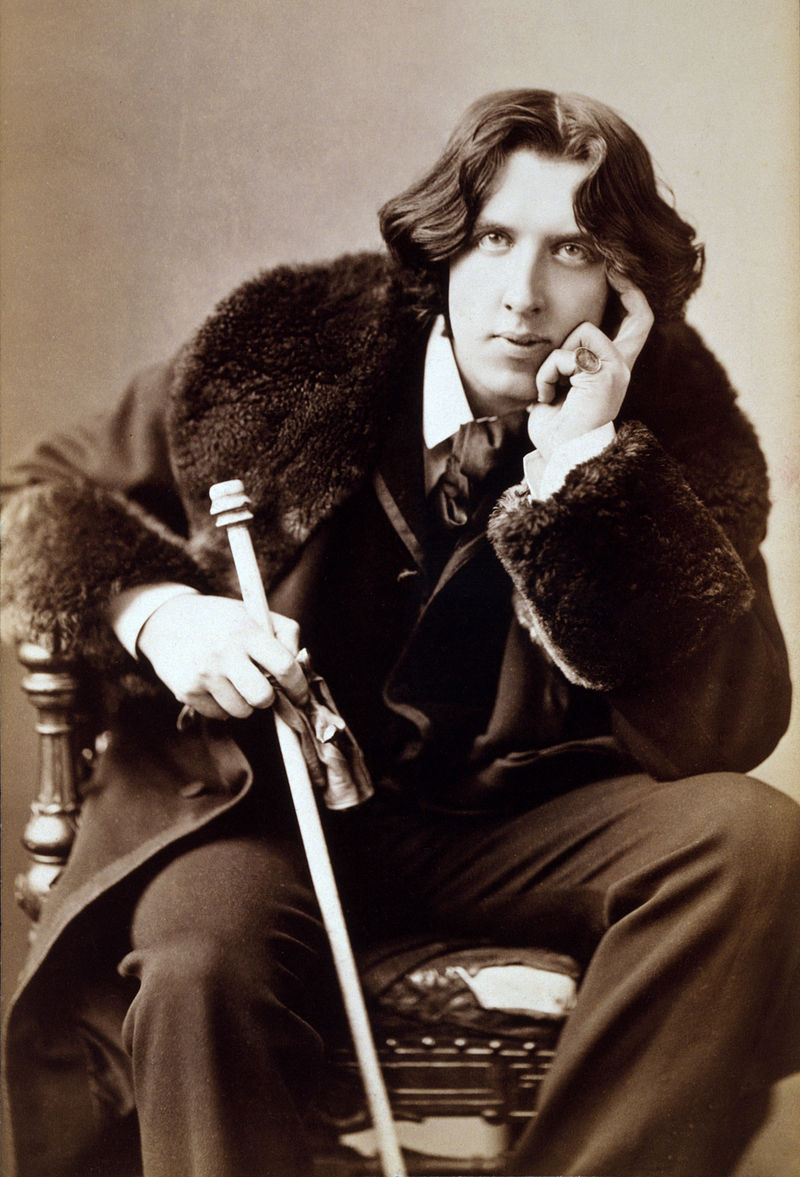1700s
Today in Labor History April 6, 1712: A Slave revolt began in New York City. It started because the authorities executed twenty-one blacks for killing nine whites. Conditions were ideal for a revolt. Black slaves and freemen worked in close proximity, making communication and planning easier. After the revolt, they jailed 70 black men. Six “committed suicide” in custody. And they executed twenty more by burning and the “breaking wheel.” They also passed new regulations, prohibiting black men from meeting in groups larger than three or carrying firearms. Officials also denied free men the right to own property.
April 6, 1781: Spanish officials captured Tupac Amaru II in Peru. Tupac Amaru II had led a large Andean uprising against the Spanish. As a result, he became a mythical figure in the Peruvian struggle for independence and in the indigenous rights movement. The Tupamaros revolutionary movement in Uruguay (1960s-1970s) took their name from him. As did the Túpac Amaru Revolutionary guerrilla group, in Peru, and the Venezuelan Marxist political party Tupamaro. American rapper, Tupac Amaru Shakur, was also named after him. Chilean poet, Pablo Neruda, wrote a poem called “Tupac Amaru (1781).” And Clive Cussler’s book, “Inca Gold,” has a villain who claims to be descended from the revolutionary leader.
1800s

April 6, 1895: British authorities arrested Oscar Wilde after he lost his libel case.
1900s
Today in Labor History April 6, 1905: The Teamsters launched a sympathy strike with clothing cutters in Chicago. The strike started on December 15, 1904, at Montgomery Ward. Immediately after, the company locked out the workers and tried to starve them. Other unions joined and the strike quickly spread. By April 6, 1905, there were 5,000 clothing workers on the picket lines. And with the teamsters joining, that added another 10,000 more picketers. The bosses tried to ram through armed wagons full of scabs, but the strikers fought back. Things grew increasingly violent. By the time the strike ended in May, twenty-one people were dead, mostly workers.
April 6, 1907: IWW Mill Workers’ strike in Aberdeen, WA won a wage increase of 25 cents per day for all mill workers.
April 6, 1907: Several dye shops in Paterson, NJ. granted their workers a one-dollar wage increase after pressure from the IWW.
1910s
April 6, 1917: The U.S. declared war on Germany, after Woodrow Wilson had promised to remain neutral.
Today in Labor History April 6, 1919: Communists in Germany declared the Bavarian Soviet Republic. Novelist, B. Traven (Death Ship, Treasure of the Sierra Madre), served on its Central Council of Workers, Soldiers and Farmers. The socialist republic was quashed a month later by the Freikorps, which included Rudolf Hess.
World War II
April 6, 1943: The Einsatzgruppen killed 1,600 Jews in Ukraine. The Holocaust began in Ukraine, in 1941. This was well before the Nazis created mass extermination camps like Auschwitz. Overall, the Einsatzgruppen and local Nazi collaborators executed 1-1.5 million Ukrainian Jews.
1960s and Later
April 6, 1968: Oakland police attacked the Black Panthers headquarters and assassinated Bobby Hutton, an unarmed teenager. Hutton was the treasurer of the Oakland branch and one of its first recruits. Eldridge Cleaver claims that police shot Hutton when he was surrendering with his hands up.
April 6, 1994: The Rwandan genocide began.
April 6, 2008: A general strike began in Egypt.





Pingback: Today in Labor History May 18 - Marshall Law
Pingback: Today in Labor History February 21 - Michael Dunn
Pingback: Today in Labor History March 13 - Michael Dunn